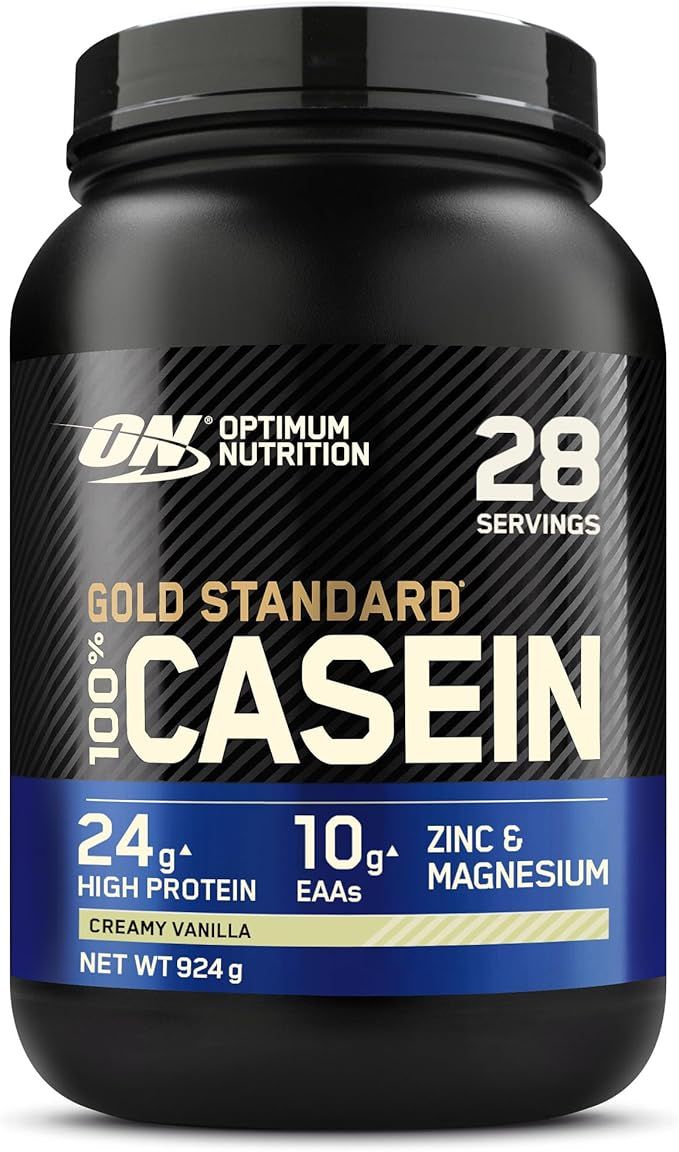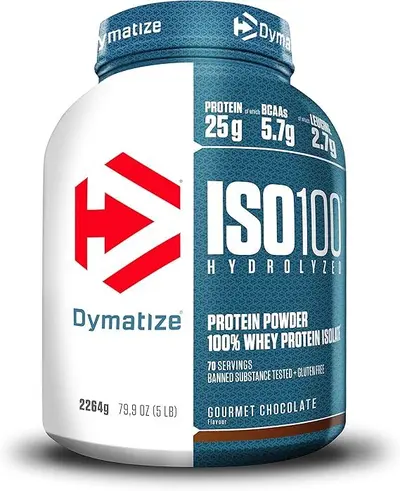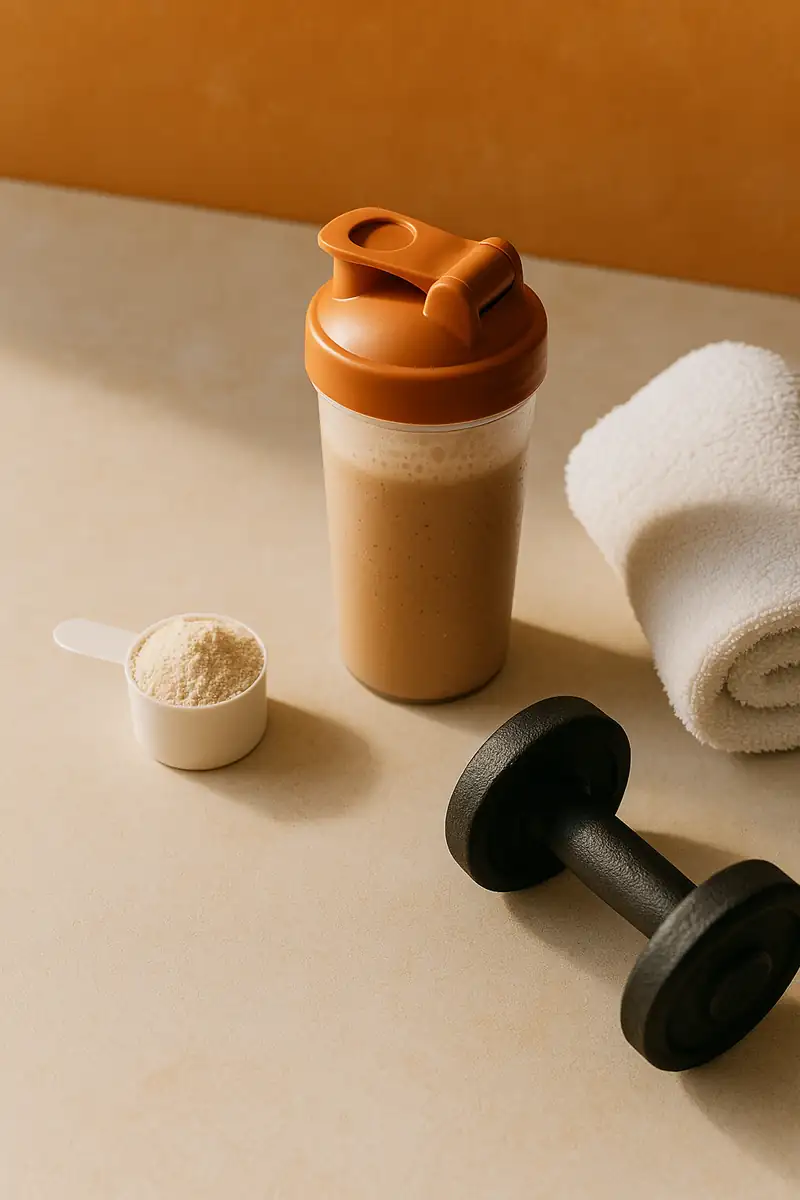The role of protein in recovery
Training stresses your muscles, creating tiny tears that your body repairs in the hours and days that follow. Adequate protein intake provides the amino acids that may support this repair process. While the word “anabolic window” often appears in magazines, studies suggest that total daily protein is more important than the exact timing of a post‑workout shake.
That said, many people enjoy a snack containing roughly 20–40 g of protein within a couple of hours of training. This could be a meal, like chicken and vegetables, or a quick shake if you’re on the go. How you get those amino acids matters less than ensuring you meet your daily target.
Timing vs. total intake
The “anabolic window” isn’t as narrow as once thought. Most research indicates that as long as your total protein intake for the day is in a sensible range (around 1.2–2.0 g per kilogram of body weight, depending on activity levels), your muscles will recover. Regular meals spaced throughout the day may support satiety and make it easier to reach those targets.
If you train late at night, a meal afterwards can double as your last meal of the day. There’s no need to rush to drink a shake immediately after your final set unless it fits your routine. Focus on covering your bases over 24 hours.
Food‑first recovery meals
Whole foods bring more than protein: they supply carbohydrates for replenishing glycogen, healthy fats for hormone health, and vitamins and minerals that support overall recovery. A balanced post‑workout meal might include grilled fish with sweet potatoes and broccoli, or a chickpea and quinoa salad with olive oil. If you prefer a shake, you can add oats, fruit and peanut butter to increase carbohydrate and fat content.
FAQs
Do I need protein immediately after training? It isn’t essential to consume protein within minutes of finishing exercise. A meal or snack containing protein within a couple of hours is usually sufficient, provided your total daily intake is adequate.
Should I use shakes or food? Whole foods offer fibre, micronutrients and a feeling of fullness that shakes cannot match. Shakes may be convenient when you can’t sit down to eat. Many people use a combination of both.
How much protein do I need after exercise? Around 20–40 g is commonly chosen for a post‑workout meal or snack, but your daily total is more important. Tailor your intake to your size, goals and how hard you train.
Conclusion
Recovery is where the benefits of training become tangible. Ensuring sufficient protein intake throughout the day can support muscle repair and adaptation, but you don’t need to obsess over precise timing. Focus on balanced meals, spread your intake across breakfast, lunch and dinner, and use shakes only when they make life easier. For an overview of popular powders, explore our Top 10 Whey Proteins.
Featured Recovery Proteins

Gold Standard 100% Casein

ISO100 Hydrolyzed Whey
Support Your Recovery
Find slow- and fast-release proteins to help your muscles repair and rebuild.
Explore Top Casein ProteinsBrowse BCAA & EAA Powders
